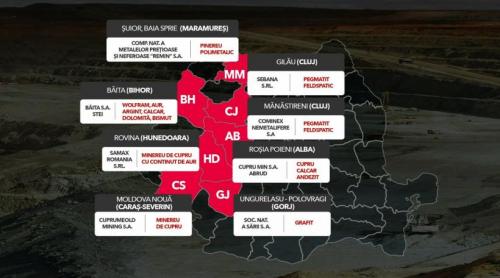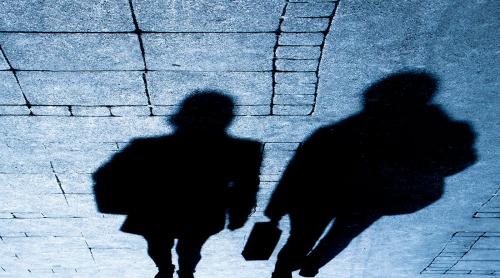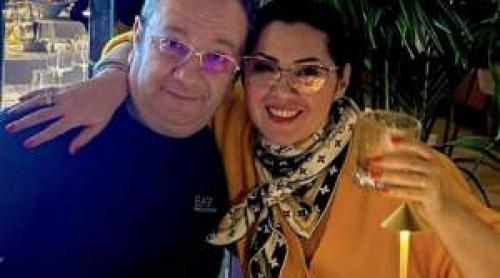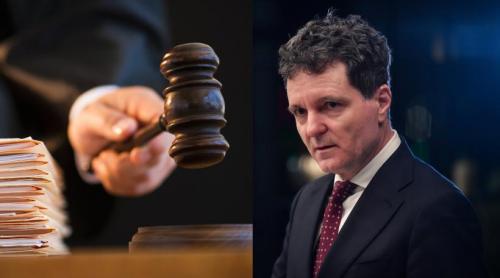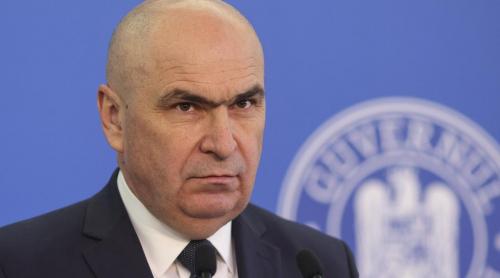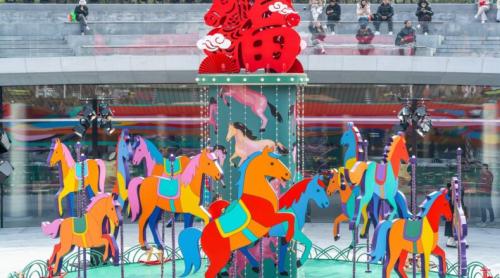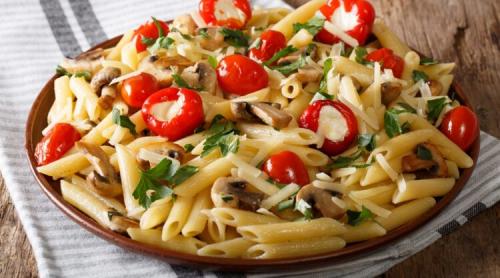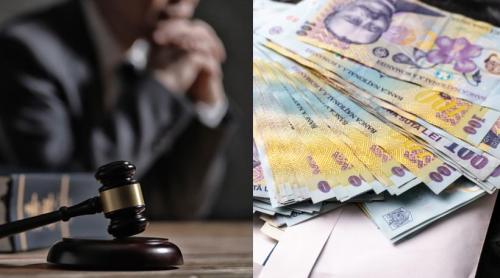
The restoration of the monarchic system is impossible in Romania. The
reasons don’t regard a supposed absolute superiority of the republican
system, but, on one hand, the hard adequacy of the royalty to the
demands of the post-modern democracy, and, on the other hand, the
complications of restarting a political tradition that disappeared for
two generations especially when the Romanians have a priority coming
back to modernity.
The restoration of the monarchic system is impossible in Romania. The reasons don’t regard a supposed absolute superiority of the republican system, but, on one hand, the hard adequacy of the royalty to the demands of the post-modern democracy, and, on the other hand, the complications of restarting a political tradition that disappeared for two generations especially when the Romanians have a priority coming back to modernity.
However, this doesn’t mean there are no tensions between the monarchic past and the republican present. Moreover, the Romanian kings, in spite of their human weaknesses, have had an exceptional contribution to the making of the unitary, independent and modern Romanian state. One of the main successes of the Emil Constantinescu regime was the reintegration of the Royal House in the Romanian present. This is how the historical reconciliation took place and it should result in a better future. President Iliescu hadn’t known how to do it. Afterwards he consolidated this success and got to a unique Romanian model as far as this problem was concerned.
Though discrete in public manifestations, the Romanian Royal House built a statute of its own discovered its own public in the Romanian society as well as in the external representation of the country. Its actual presence on the national territory certifies a superior normality that shows the reconciliation between the Romanian people and their past as a premise for the total mobilization for building the future. While the Italians or the Greeks argue with their former kings and their ancestors, and the British debate the disappearance of the monarchic regime, the Romanians can take care of issues that are more serious. At least Monarchy doesn’t divide Romania.
On the other hand, the Royal House can be considered an element of coagulation, a symbol and moral component of the Romanian nation. Since the battle for the parties divides and the chief of the state, who was proposed by the parties, steps down due to certain interest or due to lack of political knowledge, the Royal House works as a subsidiary connection, as a final reserve for the national spirit, as a hideout for the national thoughts above time and mean aspirations.
The Royal House also acted as diplomatic agent, making lobby in the case of several essential files like the ones regarding the adherence to NATO and to the EU. Only several important people are better placed than the members of the Royal House when it comes to the position of “goodwill ambassador”; few of them have more arguments in special diplomatic missions.
This is why President Basescu burst a few months ago when he was criticized: “Who would you like for President?! Principe Radu Duda?!”. A little time after that, Mr. Sever Voinescu, a person close to the President and his unsuccessful favorite for the ambassador position in Washington, said in his column in the Cotidianul that “we will have to admit that Mr. Isarescu and Prince Duda don’t meet the people’s expectations for the President position”. Recently, the Head of the Presidential Administration himself, Mr. Calin Avramescu, felt the need to show his proletarian anger on the Royal House seen as an unconstitutional excrescence on the healthy body of the country. Therefore, we can see the extremist orange Right representatives and the extremist communist Right representatives teaming up. What is going on? Is President Basescu afraid of the competition from the Royal House?
Mr. Basescu’s instinct is infallible when it comes to votes. There is why we have to believe him. With the ideas of continuity and longevity, of political unity and neutrality, of protection and altruism that it symbolizes, the Royal House can be the impersonation of an archetype myth that abides by the Romanian needs to fill up the whole of trust and lack of meaning for the social existence that resulted from the post-communist democracy. This why the Romanians of the 19th century have chosen a foreign King to lead them. Now, the actions of Traian Basescu and the sterile harasses of the political parties, the Romanian patriots of the beginning of the 21st century could go for another foreign leader in order to reestablish the national cohesion and hope for a better future. The candidate could come from the same Royal House. Why not?! President Basescu has every right to fear.
Citește pe Antena3.ro



